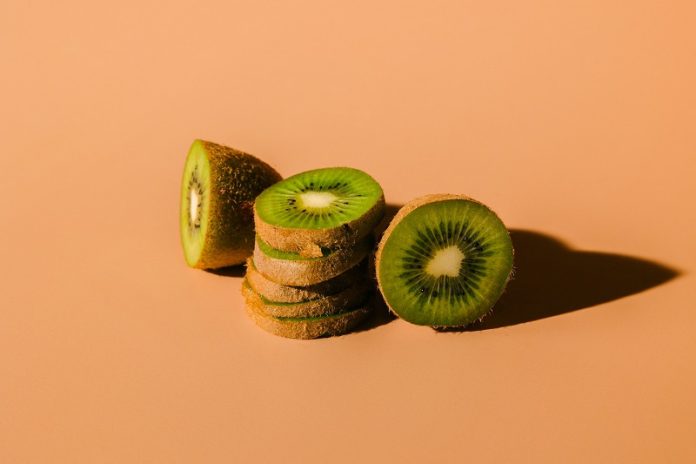
The humble kiwifruit, known for its tangy taste and furry exterior, has now been recognized as a powerful mood booster.
Researchers from the University of Otago have discovered that kiwifruit can improve mood and vitality in just a matter of days.
Their study, featured in the British Journal of Nutrition, highlights the fruit’s surprisingly rapid effects on mental well-being.
Professor Tamlin Conner, co-author of the study, points out the practical benefits of this finding.
She emphasizes that simple dietary changes, such as incorporating kiwifruit, can significantly enhance daily mood. This is a refreshing and accessible option for people looking to support their mental health.
The connection between vitamin C intake and improved mood and well-being is well-established. Conversely, a lack of vitamin C is often linked to increased depression and cognitive issues.
However, Professor Conner notes that research on how quickly mood improvements manifest after increasing vitamin C intake has been limited.
The study aimed to bridge this gap through an eight-week dietary intervention involving 155 adults identified with low vitamin C levels. The participants were given either a vitamin C supplement, a placebo, or two kiwifruits daily.
They then used smartphone surveys to report on various aspects of their well-being, including vitality, mood, flourishing, sleep quality and quantity, and physical activity.
The findings were enlightening. Kiwifruit consumption led to noticeable improvements in vitality and mood within just four days, with peak effects around two weeks.
Furthermore, participants reported enhanced flourishing after 14 days. In comparison, vitamin C supplements only showed marginal mood improvements until day 12.
Lead author Dr. Ben Fletcher, who conducted this research as part of his Ph.D., believes that these results deepen our understanding of the timing and nature of the benefits of vitamin C-rich foods and supplements on mental health.
He points out that even participants who already had relatively good mental health experienced the positive effects of kiwifruit or vitamin C interventions.
While vitamin C tablets did offer some improvements, the study particularly underscores the added benefits of consuming whole foods like kiwifruit.
This aligns with the broader recommendation of adopting a holistic approach to nutrition and well-being, incorporating various nutrient-rich foods into one’s diet.
Beyond the direct implications for individual mental health, Professor Conner highlights how the study introduces innovative methods in nutritional research.
The use of intensive smartphone surveys allowed for a real-time assessment of day-to-day mood changes, marking a novel approach in the field.
In summary, this research not only showcases the kiwifruit as a quick and effective mood enhancer but also demonstrates the importance of diet in mental health and the potential of modern technology in advancing nutritional science.
If you care about nutrition, please read studies about the best time to take vitamins to prevent heart disease, and vitamin D supplements strongly reduce cancer death.
For more information about nutrition, please see recent studies about plant nutrient that could help reduce high blood pressure, and these antioxidants could help reduce dementia risk.
The research findings can be found in British Journal of Nutrition.





